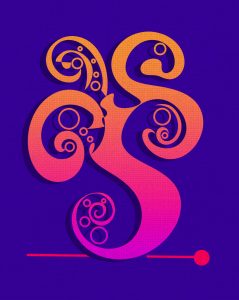The Refugee Boat – Some Thoughts on an Alternative History of Transport
10.03.2022
If you go to a transport museum, the likelihood is that you will see ultra-expensive vehicles which were at the cutting edge of technology. These cars, buses, trains and trams would have had all the modern conveniences and would have been fairly safe, even if safety standards in the past were laxer. In terms of production, an entire army of workers would have been involved in the construction, probably an ‘international’ team (by which I mean white Europeans).
The history you would find in such museums would be progressive, a story of increasing rationality, efficiency, cost-effectiveness, capitalism, big business. A story the rich tell themselves to celebrate the world that they have created: the globalised, interlinked world of transport convenience. Where, theoretically, there are no physical barriers to community, commuting, connection.
Standing out in stark contrast to this ‘Whig’ version of history is the humble refugee boat.
The refugee boat is fairly inexpensive. It is the mode of transport of the poor, the desperately oppressed seeking a better life in the only way that they can given their losses in the lottery of life and birth. The refugee boat, while not the worst piece of technology ever invented, is still pretty primitive. The standard image is the unpretentious dinghy, clearly unfit for the purpose of a long journey by the sea in dangerous waters. Travel by sea is itself one of the longest, most inconvenient, inefficient and deadly forms of travel, where you are seemingly at the utmost mercy of nature. There are no modern conveniences. Hardly any water to drink, hardly any room for food. No toilet. There is no safety. There is probably more than a 50:50 chance of death. What about the production? The workers that made these products were probably exploited in sweatshops in economically less dominant countries around the globe.
The history of the refugee boat is the unadulterated, unpolished history of transport in our times. History is not always written by the victors. It is also written by the losers. The refugee boat is the testament to the fact that our modes of travel are not objectively the best. They are merely fit for the types of people and the societies that use them. The transport history in museums is the product of capitalism and the reign of the rich. The transport history of the undocumented migrants is the product of those that power has missed out, those that capitalism has downtrodden.
The unvarnished history of the refugee boat – which the media presents as a horrible throwback to primitive times, a history which is now culminating in government interception of such travellers and their lives being thrown away like trash somewhere else, as someone else’s problem – is the real history of travel beyond propaganda, advertisement, embellishment, cultural narcissism. This is the real story of the world that the ultra-rich have created: a world where you can’t even travel from one country to another to try and better your life. A world in which you are tied to the place you were born and the lack of opportunities there. Why can’t anyone tell this history?
